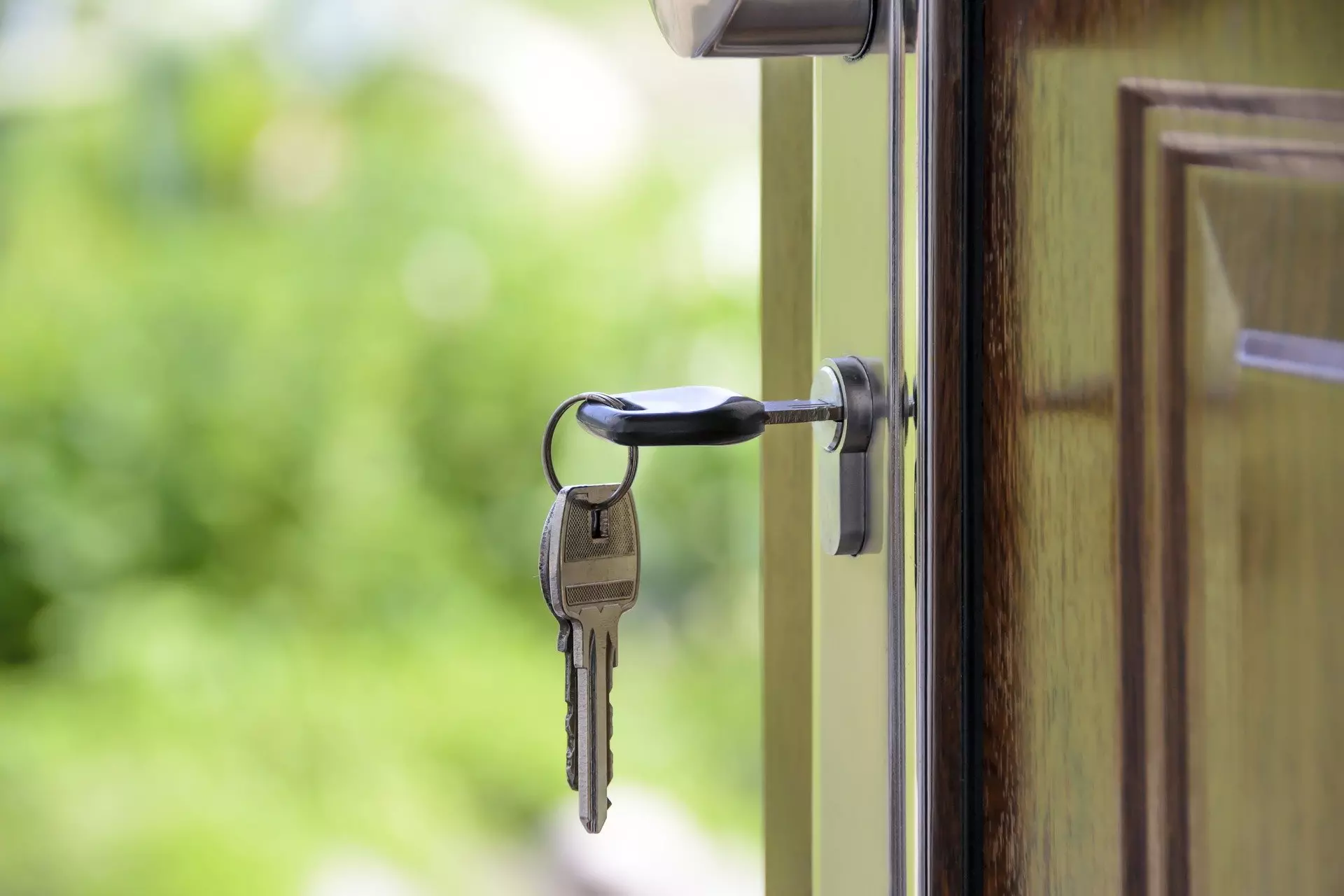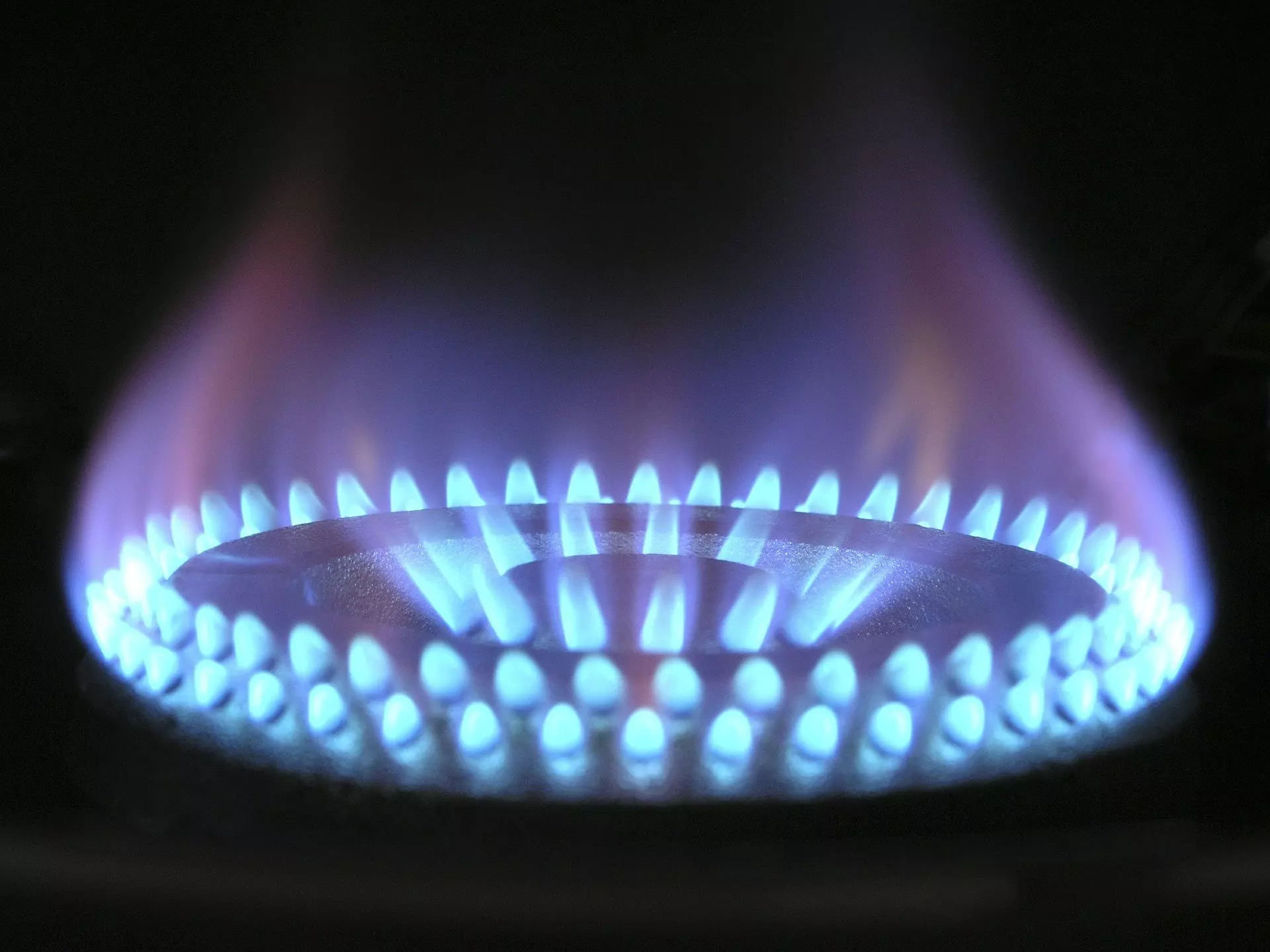Renting an Apartment: Budgeting Tips
Are you looking to rent somewhere new or rent on your own instead of living with others? You will probably have a lot of extra questions about renting. How much does it cost to rent an apartment? How often are payments required? What do I need to budget for within the apartment and for moving?
In this article, we’re looking at budgeting tips: how you can work out the apartment cost compared to other expenses, and whether you can afford it. There are a lot of things to spend money on when you are looking to rent, and the fee for renting the place itself will probably be only a small chunk of it as you need to pay for utilities and more, and there are lots of things that can be expensive; you may not have even considered them.
Keep a Close Track of Finances

Before even overthinking about budgets, make sure you have considered how you are going to keep track of finances. The very least that you are going to want to do is to have your financial affairs all over the place, so you don’t know what you need to spend your money on from month to month, and how much spending money you have.
Download your mobile banking app and make sure you are aware of what is going out of your account every month. If you are used to just paying one flat monthly fee for where you live, such as paying board to your parents, then all the different expenses when paying your way in an apartment might be a bit of a shock. There are lots of apartment costs and costs that aren’t directly paying for the place where you’re staying.
Have a Strong Savings Account
Some people are looking to know how to rent an apartment with savings. You won’t want to rely on savings for paying for your new apartment, as the average apartment rent needs to be something you can deal with every month, even when the savings run out. However, it is a good idea for you to get some money saved up, so if you need to pay for any emergencies, you will know you have enough in the bank to deal with this. Plus, the initial costs of moving in somewhere are likely to be a lot higher than the ongoing costs.
Every renter should try to get some money saved up when they are looking to rent an apartment – it is the financially responsible thing to do.
Budget for Moving Costs
As well as the actual costs of the apartment, moving is likely to be pretty expensive. You will need a moving truck to transport your items from your old apartment to your new one. Your first apartment budget should account for actually moving in, too. Do you need to buy wraps and boxes to protect your belongings? Do you need to pay a moving company to get to your new apartment? Are you moving a long way? Transport costs might also be worth considering in this scenario.
Prices of Apartments
Research the average apartment rates in the area where you are looking. Some parts of the US are costly, and some are relatively cheap. Even within a state or city, there might be big price differences depending on the exact area where you are looking.
If you are in the market for budget apartments that don’t cost a lot of money, you should also be aware of the fact that you might not be getting the best, especially if you consider the location. You might be able to afford the outskirts of town, but not the center in the city, for instance. Ensure that the area is safe before you take the plunge.
If you’ve set a budget of $1,200 for your living costs, then you shouldn’t choose somewhere that costs $1,000 just in rental prices, as this will leave you virtually no money to use for other expenses, and there will be plenty of them when you are moving to a new house. Instead, set a budget and only spend around half of it on the actual brick and mortar rental costs.
There are many reasons not to go for the very first apartment you come across. Spend some time researching the costs and comparing some of the options you are looking at for their prices so you will get a rough idea of what the costs are.
Should You Get a Roommate?

If you don’t want to have to find a way to earn extra money while you are living alone, you can potentially get a roommate to share the costs with. This halves your costs and can drastically reduce the bills you have to pay. It’s up to you whether you want a roommate or not, but it can be an excellent way to save some money and make budgeting for your apartment so much easier.
It is best to move into an apartment with someone you know and trust; this means that you know they will keep up with their payments. Some people will want a roommate and enjoy the company. Other people love solitude and like the idea of not having to share their bathroom or their kitchen. There are pros and cons to having a roommate, and it is best to weigh your options before making a decision.
Electricity
Electricity costs are to be expected, and it is unlikely that you will get this included from your landlord, so you will need to work out the rates. It can be hard to calculate how much you need to spend monthly, so you should ask for data from previous tenants to get a rough idea. Some tools online can help you to calculate the average cost of utilities in their area. It can be hard to get an exact figure for this, so you should always budget a little more than you think.
Heating and Gas

Similarly, you may not know what these costs are going to be, but the best thing to do is to ask the landlord what the expected costs are as they should have at least some idea, and this can allow you to work out what you will be spending every month.
Consider the climate where you are going to be living, too, as your apartment costs might be higher if you are going to live somewhere overly hot or cold, it is going to cost more money to heat or cool your house in these extreme temperatures.
Internet Connection and Subscriptions
Be sure to budget for your internet connection and other subscriptions you have before you move in. The prices can quickly start to add up. If you want to save money, you should try and get a deal if you can; for instance, some providers will link your broadband and your cell phone packages to save you money.
You might want some of your home comforts within your new apartment – such as Netflix or cable TV – and these won’t be included when you rent, so you need to work them out as part of your apartment cost. Some of these might sound like insignificant costs, but if you sign up for Netflix, Hulu, HBO, Disney Plus, and Amazon Prime Video, suddenly, the price adds up. These little insignificant costs can quickly become a big financial burden.
Don’t Forget Other Commitments
Wherever you are living, you need to eat, and you might need to lease a vehicle. There are also a lot of other commitments you might have, such as debts, insurances, and more. These will all become a part of your monthly apartment budget.
If you need to pay for car payments, you can’t stop there even if you are going to rent an apartment. A lot of people are looking for info on how to rent an apartment, and if you are a first-time apartment renter, you might be used to having things paid for you at home with your parents.
Parking and Transport
Moving into a new house or apartment could have a big impact on your parking and transportation costs. For instance, maybe you are now further away from your place of work, and it will cost you more to commute there.
You should also check the parking costs if you have your car. It may be that there is free parking on the street or that you get parking included. You might have an allocated parking space. If not, this could be an extra expense you need to budget for.
Renter’s Insurance
We don’t recommend getting a rental property if you don’t get renter’s insurance. This is your protection as a consumer and can ensure that you are covered in the event of an emergency. Some of the things covered are theft, fire, or sewer damage, and your possessions within the house are also likely to be covered under the renter’s insurance.
How to Track Expenditure
There are many ways that you can track expenditure from one month to the next. You can do things the “old school” way if you wish. Make yourself a spreadsheet, work out your expenditure every month, and split it depending on the different financial commitments you have. If you want to be more precise, then you can make your spreadsheet perform sums. Some people go to extremes with this and fill in monthly figures to work out an average of their expenses.
Budgeting can be time-consuming, but it is a good option if you are particularly worried about your financial situation. You might be able to get a more accurate idea of the money you are spending, and whether you are likely to need to earn extra money to make ends meet in your apartment renting.
There are also some brilliant apps out there that can allow you to track the money you have coming in. Sometimes these can even link with your online banking, so you don’t have to put data into a spreadsheet. It can automatically work it out and tell you what spending money you have left for the month. This is a creative way to ensure you are on top of your finances every month.
Conclusion
It probably isn’t a good idea to overstretch yourself if you can avoid it, so knowing how to rent an apartment and learning the budgeting tips required to get the right apartment and keep your costs to a minimum can be very useful. All kinds of added expenses can crop up, so it is a good idea to keep an eye on what you are spending.
Take advantage of promotional pricing, and be smart with the money you are spending on your apartment, as this can help you to save money where you can, even saving a few dollars each day can add up over time.
Everyone has a unique financial situation. It’s important to consider all the different aspects of your monetary situation before you budget; you might already have loans to repay and ongoing costs to go with the new expenses you are taking on with your new apartment. Splitting the costs with a roommate can make all the difference and save you a lot of money in the long haul.